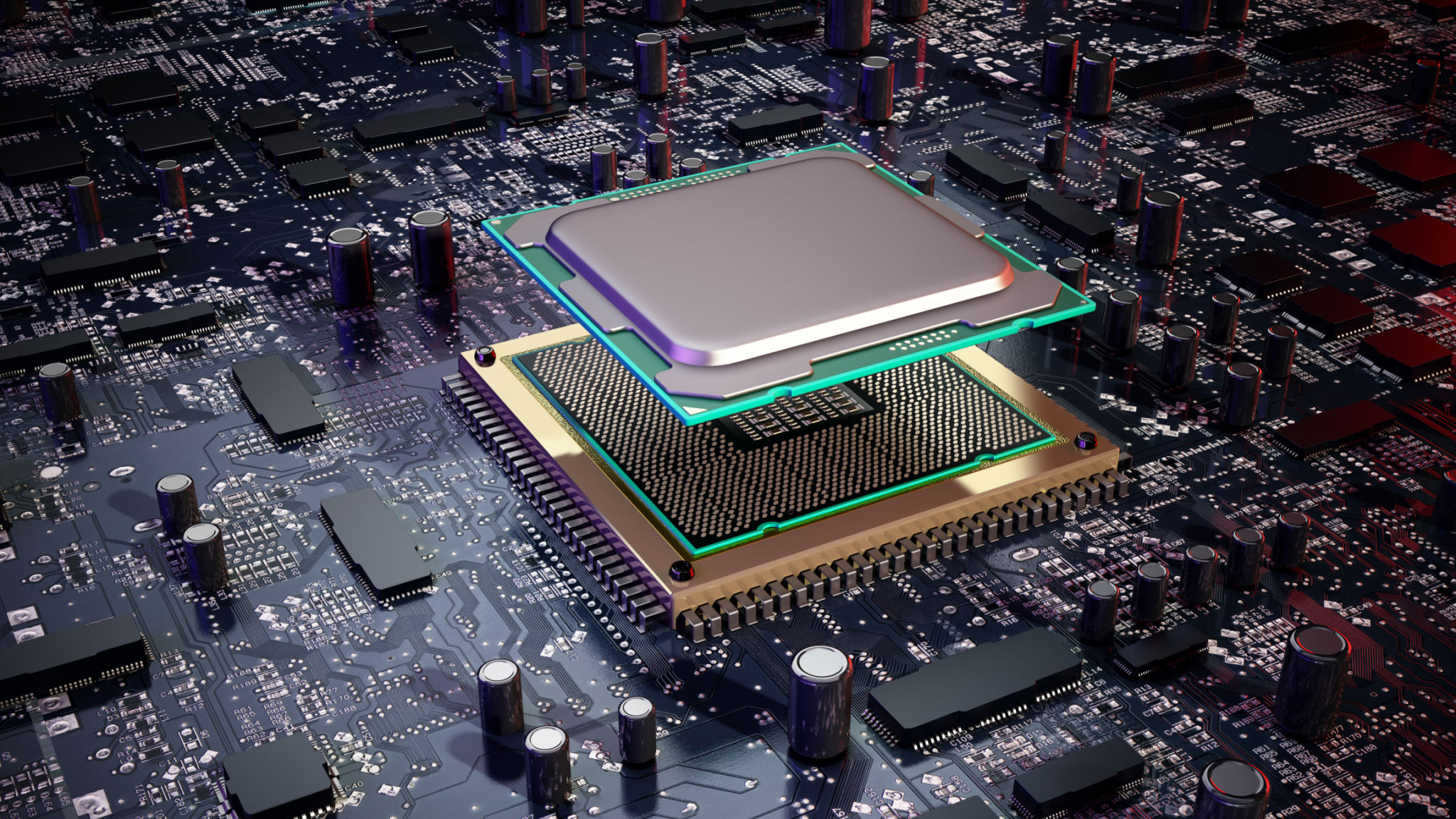Comparing Hardware Solutions: Finding the Right Fit for Your Business
Al
Understanding Your Business Needs
When it comes to selecting the right hardware solutions for your business, the first step is to understand your specific needs. Every company operates differently, and what works for one might not necessarily be suitable for another. Consider factors such as the size of your business, the nature of your operations, and your budget constraints. By analyzing these elements, you can begin to identify the types of hardware that will best support your objectives.
For small businesses, the focus might be on cost-effective solutions that offer scalability, while larger enterprises may prioritize performance and security. It's essential to evaluate both current and future needs to ensure that your hardware can grow with your business.

Evaluating Different Types of Hardware
Once you've identified your business needs, the next step is to compare different types of hardware solutions available in the market. The primary categories include:
- Desktops and Laptops: Ideal for general office tasks and mobile workforces.
- Servers: Crucial for data management and network operations, suitable for businesses with larger data requirements.
- Storage Solutions: From traditional hard drives to cloud-based systems, these ensure data safety and accessibility.
- Networking Devices: Routers, switches, and modems facilitate seamless communication and connectivity within your organization.
Each category offers a range of products with varying specifications. It's crucial to match these specifications with your operational demands to ensure optimal performance.
Cost vs. Performance
Finding the right balance between cost and performance is a critical aspect of selecting hardware solutions. While cutting-edge technology often comes with a hefty price tag, it may not always be necessary for your business operations. Consider the following factors when weighing cost against performance:
- Initial Investment: Assess the upfront costs and evaluate them against long-term benefits.
- Maintenance and Support: Factor in potential maintenance costs and the availability of support services.
- Energy Efficiency: Consider energy-efficient models that can reduce operational costs over time.

In some cases, opting for mid-range solutions can provide the necessary functionality without straining your budget.
Future-Proofing Your Investment
Technology evolves rapidly, and future-proofing your hardware investments is essential to avoid frequent upgrades. Look for solutions that offer scalability and compatibility with emerging technologies. This approach not only saves money in the long run but also ensures that your business remains competitive in a fast-paced digital landscape.
Consider hardware with modular designs or those that support software updates. This flexibility allows you to adapt to changing technology trends without complete overhauls.

Leveraging Expert Advice
If navigating the hardware landscape seems overwhelming, don't hesitate to seek expert advice. IT consultants or vendors can provide valuable insights into the latest technologies and help tailor solutions to fit your specific needs. Their expertise can assist in making informed decisions that align with your business strategy.
Collaborating with experts also opens up opportunities for negotiating better deals and accessing exclusive offers, further optimizing your investment.
Conclusion: Making an Informed Decision
Selecting the right hardware solutions for your business is a complex process that requires careful consideration of various factors. By understanding your needs, evaluating different options, balancing cost with performance, and planning for the future, you can make informed decisions that support your business goals.
Ultimately, the right hardware can enhance productivity, ensure smooth operations, and pave the way for future growth. As technology continues to advance, staying informed and flexible will be key to maintaining a competitive edge.